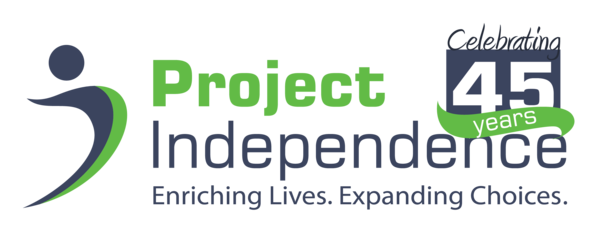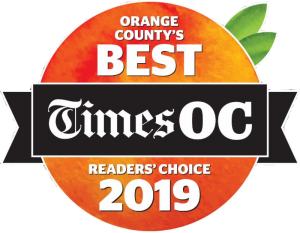Achieving a Better Life Experience (ABLE) Act
UPDATE: Feb. 21st, 2018
A Plan to Assist Californians with Disabilities – A new measure has been introduced, AB 2039, which will provide a state tax deduction to individuals who contribute to these CalABLE savings accounts in order to provide maximum resources for those trying to budget for disability needs. CLICK HERE FOR MORE INFORMATION.
UPDATE: Congress Passess ABLE Act: Jamjor Victory for Perons with Disabilities and Their Families
For First Time in Nation’s History, Federal Government Recognizes Added Costs Associated to Living With a Disability
WASHINGTON, DC–(Marketwired – December 17, 2014) – Last night, the U.S. Senate overwhelmingly passed the Achieving a Better Life Experience (ABLE) Act of 2014 by a vote of 76 to 16. First introduced in 2006, and subsequent sessions of Congress, the ABLE Act will allow people with disabilities (with an age of onset up to 26 years old) and their families the opportunity to create a tax-exempt savings account that can be used for maintaining health, independence and quality of life.
“Today marks a new day in our country’s understanding and support of people with disabilities and their families,” Michael Morris, National Disability Institute (NDI) Executive Director, said. “A major victory for the disability community, ABLE, for the very first time in our country’s policy on disability, recognizes that there are added costs to living with a disability.” He continued. “For far too long, federally imposed asset limits to remain eligible for critical public benefits have served as a roadblock toward greater financial independence for the millions of individuals living with a disability.”
WHAT IT PROPOSES:
The ABLE Act would amend section 529 of the Internal Revenue Code to encourage savings for the needs of an individual with a disability, whether or not those needs include savings for higher education. Current 529 plans are investment plans that serve a major life need (most often saving for higher education), but these plans can fall short for the many individuals with severe disabilities who cannot pursue or choose not to pursue post-secondary education. Instead, they can use the savings in the investment plans for everyday living needs like taxi service, medical and dental care, employment training, assistive technologies, deferred housing costs, etc.
WHY IT MATTERS:
ABLE accounts will help people with disabilities enjoy greater financial security.
ABLE accounts provide savings accounts that can supplement the benefits provided through private insurance, a beneficiary’s employment, the supplemental security income (SSI) program, the Medicaid program or other sources.
Many individuals with disabilities rely on SSI and Medicaid to live independently. The means tests for those programs, however, discourage individuals with disabilities from participating in the workforce and discourage their families from providing financial support. ABLE accounts allow them to save money through an account that funds their personal needs and does not impact the level of benefits they receive.
PETITION TO SUPPORT THE ABLE ACT:
The Achieving a Better Life Experience (ABLE) Act of 2013 (S. 313/H.R.647) was introduced in the 113th Congress by a bipartisan, bicameral set of Congressional Champions including Sens. Robert Casey, Jr., (D-PA) and Richard Burr (R-NC), and Reps. Ander Crenshaw (R-FL), Chris Van Hollen (D-MD), Cathy McMorris Rodgers (R-WA), and Pete Sessions (R-TX).
The ABLE Act would amend Section 529 of the Internal Revenue Service Code of 1986 to create tax-free savings accounts for individuals with disabilities. The bill aims to ease financial strains faced by individuals with disabilities by making tax-free savings accounts available to cover qualified expenses such as education, housing and transportation. The bill would supplement, but not supplant, benefits provided through private insurances, the Medicaid program, the supplemental security income program, the beneficiary’s employment, and other sources.
An ABLE account could fund a variety of essential expenses for individuals, including medical and dental care, education, community-based supports, employment training, assistive technology, housing, and transportation. The ABLE Act provides individuals with disabilities the same types of flexible savings tools that all other Americans have through college savings accounts, health savings accounts, and individual retirement accounts. The legislation also contains Medicaid fraud protection against abuse and a Medicaid pay-back provision when the beneficiary passes away. It will eliminate barriers to work and saving by preventing dollars saved through ABLE accounts from counting against an individual’s eligibility for any federal benefits program.



